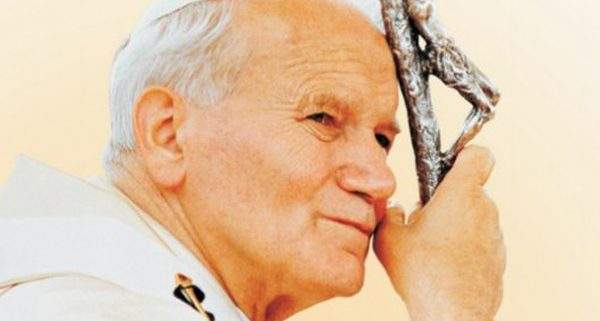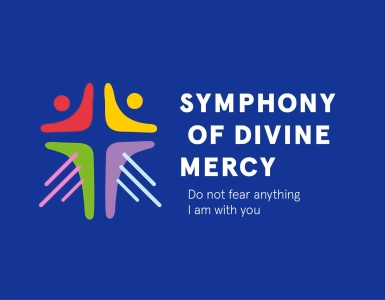Some were surprised that at that time John Paul II spoke of peace with such emphasis. There were voices that considered him “neutral”, “impartial”, or even a supporter of the Arabs or the Third World. On the other hand, attempts were made to assign him to pacifists and to attach an ideological, political label to him. It was, if I may put it that way, an insult to a man who was essentially gentle, peaceful, never resorted to violence. It was an insult to a Pole who experienced the nightmare of two totalitarianisms on his own skin, and what is more – to the Pope, God’s witness of peace, a spokesman for peace for all humanity.
On the morning of January 17, when he learned of what had happened, he celebrated a Holy Mass for peace in his chapel. He was deeply embittered. He could not understand how it was possible not to find a way to stop the conflict.
At the General Audience he said: “I have done everything humanly possible.” But, he didn’t stop thinking about what hadn’t been done. He immediately convened his collaborators from the Secretariat of State to decide what else could be done on the humanitarian and diplomatic levels. Thus was born the first great initiative to convene to Rome representatives of the episcopates of the countries directly or indirectly involved in the Gulf War.
And yet, the Holy Father was right. He rightly assessed that this conflict is already unnecessary by definition. First of all, he heralded tragic consequences for the civilian population and predicted that further complications would arise from it for the entire Middle East.
With the consent of Cardinal Stanisław Dziwisz – “Testimony”.
TBA Publishing House marketing communication. Warsaw 2007





